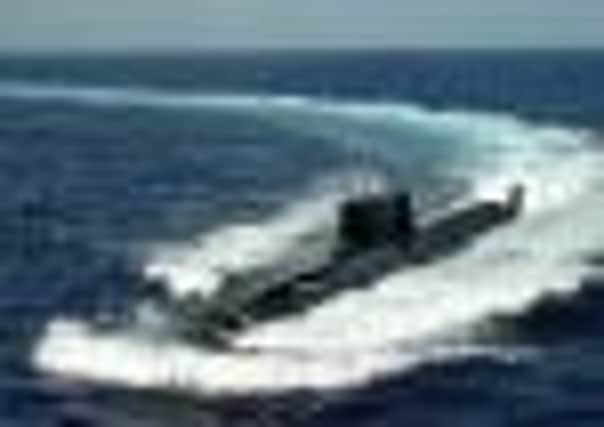Comment: BAE on the defensive over EADS merger plan


The Americans – a major customer of BAE – apparently want far tougher “firewalls” built into any resulting defence giant to make sure sensitive technology and information does not leak outside the United States.
This is bound to be an issue in the UK as well. This merger proposal has politically sensitive barbed wire all around it. Defence is a red-line industry. Commercial benefits and industrial logic have to be weighed against national security issues.
Advertisement
Hide AdAdvertisement
Hide AdThat’s why the Americans are getting nervous. Rightly or wrongly, Uncle Sam feels instinctively more comfortable with its security relationship with the Brits than with the French or Germans, the major players in EADS. With France in particular, the US has often been on the opposite side of the political and military argument. Remember the jibes about “Old Europe” back in 2002 when the French were among those in the vanguard questioning America’s gung-ho call for Iraqi “regime change”. Britain under Tony Blair’s sofa government was much more accommodating.


It is not exaggerating to see a BAE/EADS merger as a defining moment in western alliance defence. It would undoubtedly be seen politically as the British defence giant turning at the strategic crossroads towards Europe and a wider aerospace business, and away from the allegedly “special relationship” with the US and a focus on defence electronics.
David Cameron will undoubtedly feel uneasy about developments. It has understandably raised memories of the defence controversy surrounding Westland helicopters that nearly brought down the Thatcher government in the mid-1980s.
Back then there were also major political differences within the Cabinet over whether the struggling Yeovil-based Westland would be taken over by Sikorski of the US or a European consortium.
Eventually the Italians won the day, with the company becoming Agusta Westland, but only after the defence secretary of the day, Michael Heseltine, (who favoured a pro-European solution) fell out publicly with Thatcher (who supported the Americans) and quit. That issue has nowhere near the geo-political implications of today’s proposed marriage, however.
BAE may have been slow to see the potential political minefield on both sides of the Atlantic to the tie-up. But it is trying to regain ground fast, and is understood to have offered to Whitehall to ring-fence projects such as the Trident nuclear submarine programme to calm security fears.
The other card BAE is likely to play in Britain is the likelihood of even more job cuts if a deal is not achieved.
After recent years of jobs-haemorrhaging at the company (and a shipyard closure seen as imminent, either in Scotland or down south) how would we tell the difference?
Advertisement
Hide AdAdvertisement
Hide AdThe Pentagon across the pond is an altogether bigger hurdle to get over, however.
It is the biggest buyer of military equipment in the world. This merger is on a knife-edge.
Arctic energy plans in the deep freeze
What is it about the Arctic and energy giants? Exploration there never seems to go smoothly. British/Dutch oil major Shell has just announced it will delay its hunt for oil in Alaska until 2013 because a key piece of equipment is damaged.
BP recently indefinitely mothballed a $1.5 billion (£923 million) offshore oil project in the region due to the cost overruns and technical difficulties. Not to mention BP’s abortive link-up with state-owned Rosneft in Russia to explore the freezing Arctic waters.
I suppose there is an obvious reason that the Arctic remains among the last virgin energy territories in the world. The climate and physical environment is so challenging.
The rewards are too great for energy giants not to keep plugging away. But success will not come easy.